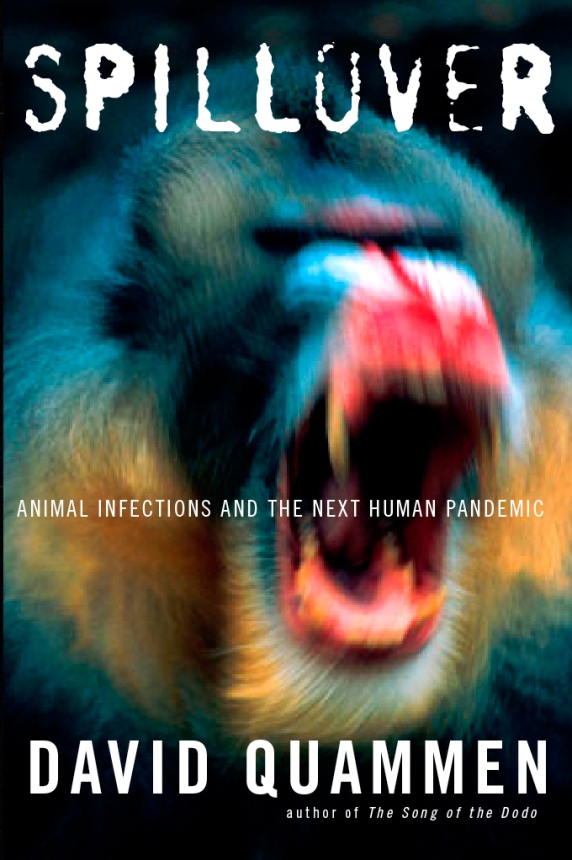Robert Galbraith--apparently a pseudonym for J.K. Rowling--has written a private eye story with a somewhat curmudgeonly protagonist, Cormoran Strike. Cormoran is the illegitimate son of a famous rock star, for all the good it's done him. His mother died of a drug overdose and Cormoran isn't entirely sure it was accidental as ruled at the inquest. That might fuel his willingness to take on re-investigating the apparent suicide of mixed race beauty and super-model, Lula Landry, known as Cuckoo by one of her closest friends. Lula's brother, John Bristow (Lula was adopted into a wealthy family as a baby), hires Strike, ostensibly because he believes Lula was murdered. Strike is a veteran of the Afghan wars where he lost a leg. And now he has had a royal bust-up with on-again, off-again girlfriend, Charlotte, and is living on a camp cot in his rather dismal office. When a temporary receptionist shows up on Monday morning, Strike tries to send her away, but Robin has always secretly harbored a wish to be a PI and she won't leave, even though her
fiancé is not happy about this assignment.
Strike sets out to interview anyone who knew Lula, which is often harder than it should be as people are hard to find or reluctant to talk. When one of Lula's stranger companions, a down and out young woman Lula once met in drug rehab, is found drowned in the Thames, Strike is more convinced than ever that Lula was murdered and now he has a good idea who the killer is. But convincing the police to take action before another murder occurs, especially after they have already ruled this a suicide, is an uphill battle, and Strike finally resorts to making himself the bait in a deadly game of cat and mouse. This is a sometimes slow moving book, and if you are expecting something like Harry Potter, you will surely be disappointed. But the characters are complex and competently drawn. The writing is visual and authentic and will certainly satisfy lovers of the genre who come with no preconceptions.
Strike sets out to interview anyone who knew Lula, which is often harder than it should be as people are hard to find or reluctant to talk. When one of Lula's stranger companions, a down and out young woman Lula once met in drug rehab, is found drowned in the Thames, Strike is more convinced than ever that Lula was murdered and now he has a good idea who the killer is. But convincing the police to take action before another murder occurs, especially after they have already ruled this a suicide, is an uphill battle, and Strike finally resorts to making himself the bait in a deadly game of cat and mouse. This is a sometimes slow moving book, and if you are expecting something like Harry Potter, you will surely be disappointed. But the characters are complex and competently drawn. The writing is visual and authentic and will certainly satisfy lovers of the genre who come with no preconceptions.

